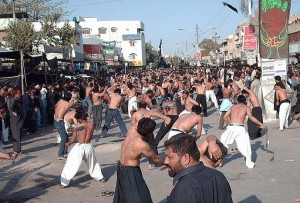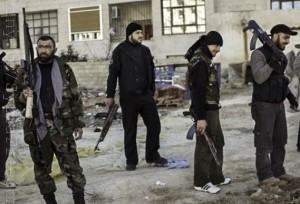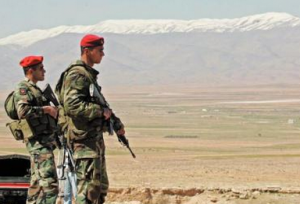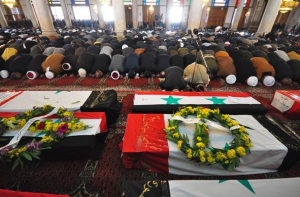They say the road to hell is paved with good intentions. It’s a lesson that Ahmed Moaz al-Khatib, the leader of the Syrian National Coalition (SNC), likely learned when he sparked a firestorm within the Syrian opposition after declaring his willingness to enter into negotiations with the Assad regime on January 30. As part of his stated conditions, al-Khatib demanded the release of 160,000 political prisoners being held by the Assad regime and the renewal of expired passports for Syrian dissidents abroad.
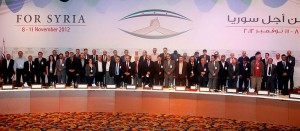
Until al-Khatib’s remarks, the SNC’s official stance had been to reject all negotiations with the Assad regime unless the embattled dictator agrees to relinquish power. It this comes as no surprise that other SNC officials and their backers in the region were quick to denounce al-Khatib’s statements as unrepresentative of the coalition’s policies. On February 5, the Coalition came together to issue an official rejection of al-Khatib’s proposal, even after it had been softened to include demanding that Assad cede power as an outcome.
Their outrage did little to stop al-Khatib from reiterating his willingness to negotiate during a security conference in Munich, where he also met with Russian and Iranian officials.
The locally-based Syrian-based National Coordination Committee, which initially organized non-violent protests, offered its support for al-Khatib, reiterating its stance that a political solution must be found to end the conflict. The Assad regime has yet to offer an official response, although a regime source described the development as positive.
Continue reading Strategic Analysis: Prospects for a negotiated solution in Syria
